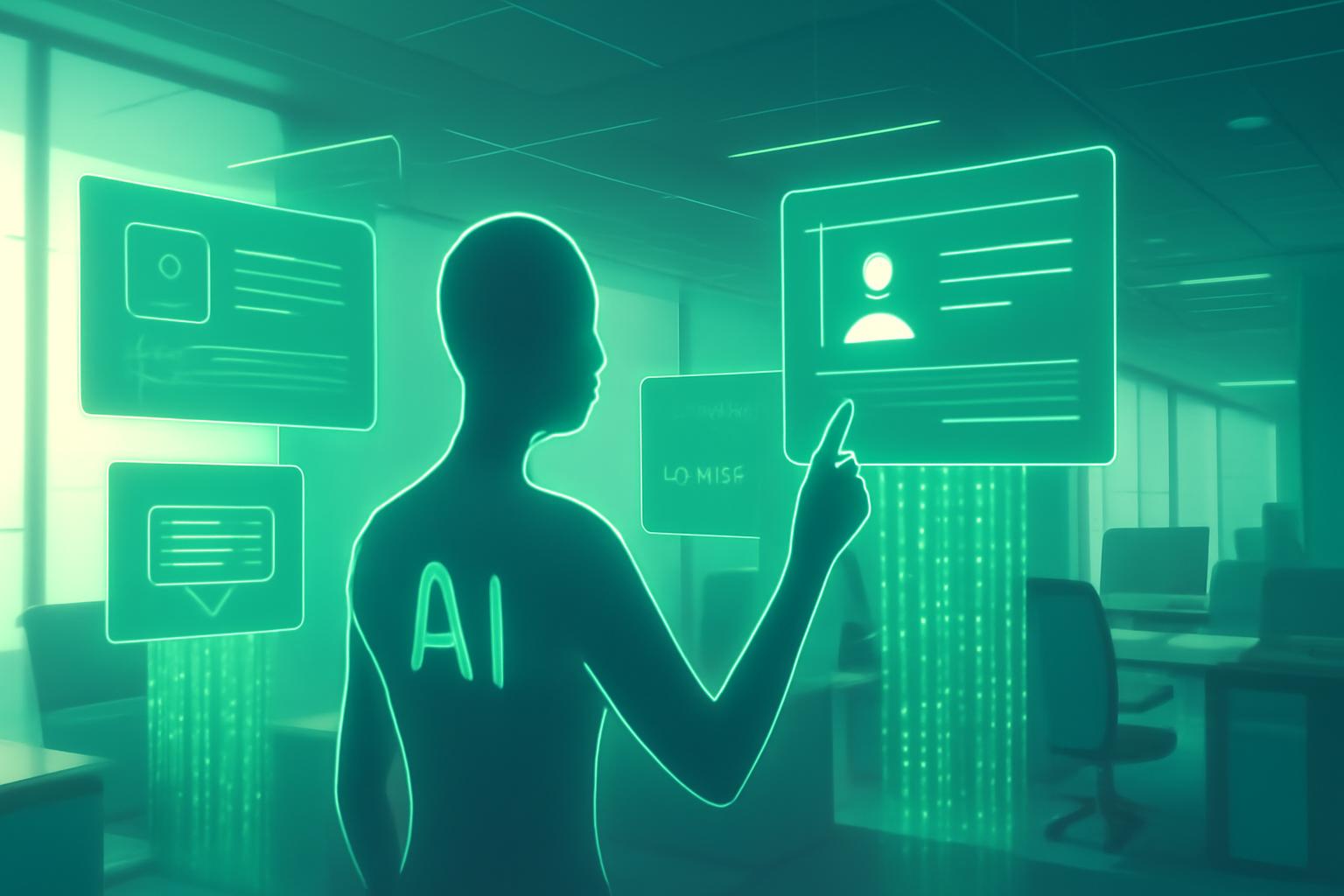Zendesk Advances AI-Driven Customer Support with Autonomous Agent
Zendesk announced a significant expansion of its AI capabilities at its recent AI summit, unveiling a suite of large language model (LLM)-powered products designed to reduce dependence on human customer service agents. Central to this innovation is an autonomous support agent that the company claims can resolve 80% of support issues independently. This autonomous system is complemented by several specialized AI agents: a co-pilot agent to assist human technicians with the remaining complex cases, an admin-layer agent to manage backend tasks, a voice-based agent for conversational support, and an analytics agent to provide actionable insights.
A Paradigm Shift in Customer Support Industry
Shashi Upadhyay, Zendesk’s President of Product, Engineering, and AI, described the launch as emblematic of a broader transformation in customer service technology. “The world’s going to shift from software that’s built for human users, to a system where AI actually does most of the work,” Upadhyay stated. Independent benchmarks support Zendesk’s confidence. The TAU-bench, a tool assessing AI’s ability to execute support-related tasks such as processing product returns, shows that leading models like Claude Sonnet 4.5 can solve up to 85% of these issues effectively.
Building the AI Foundation Through Strategic Acquisitions
Zendesk’s AI capabilities are the culmination of targeted acquisitions over recent years. The analytics agent launched today leverages technology from Hyperarc, acquired in July 2025. Earlier acquisitions include Klaus, a QA and agentic service platform obtained in February 2024, and Ultimate, an automation platform purchased in March 2024. These strategic moves have enabled Zendesk to integrate advanced AI functionalities into its Resolution Platform, which currently serves nearly 20,000 customers and resolves approximately 4.6 billion tickets annually.
Positive Early Results from Customer Trials
“For customers that have been using it, consumer satisfaction has been up by five to 10 points,” said Upadhyay during an interview with TechCrunch.
Zendesk’s AI agent has been previewed with select existing customers, and the initial feedback indicates improvements in customer satisfaction and operational efficiency.
Context Within the Wider AI Customer Support Landscape
While many companies have experimented with AI-driven chatbots, Zendesk’s approach is distinctive in scale and complexity. Previous deployments, such as those by Airbnb and Regal Theaters, typically focused on information retrieval rather than autonomous problem-solving or multi-step troubleshooting. If successful, Zendesk’s AI platform could reshape the economics of customer service, a sector employing 2.4 million representatives in the U.S. alone, with even larger workforces globally.
FinOracleAI — Market View
Zendesk’s introduction of an AI agent capable of autonomously resolving a vast majority of support issues marks a pivotal advancement in customer service automation. This development not only positions Zendesk at the forefront of AI-infused support but also signals a potential industry-wide shift toward reduced human involvement in routine service tasks.
- Opportunities: Enhanced customer satisfaction, operational cost reductions, scalability of support services, and increased competitive differentiation for Zendesk.
- Risks: Potential resistance from workforce displacement concerns, AI reliability in complex scenarios, and integration challenges across diverse customer environments.
Impact: Zendesk’s AI-driven support platform is poised to disrupt traditional customer service models, potentially reducing human workload significantly while improving customer experience.













